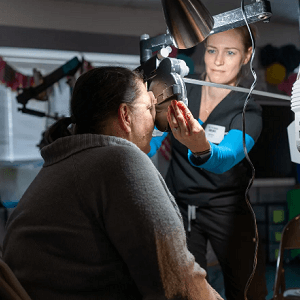Health disparities in the United States are increasingly impacting minority physicians and their patients. As the COVID-19 pandemic exposed systemic inequities in healthcare, it became clear that minority groups face significant challenges in accessing critical health services. A recent report highlights how these disparities are not only detrimental to patient outcomes but also distressing for healthcare providers.
Many Black and Latino doctors report feeling marginalized within the healthcare system. A substantial number of minority physicians have experienced discrimination, affecting their professional experiences and patient relationships. For instance, studies show that these doctors often encounter challenges in obtaining equitable reimbursement rates compared to their white counterparts. This financial strain further complicates their ability to provide quality care to the communities that need it most.
Patients who are treated by minority physicians generally receive culturally competent care, yet systemic barriers inhibit these providers from delivering optimal healthcare, often leading to poorer health outcomes. “It is critical for the healthcare system to recognize these disparities and address the underlying factors that perpetuate them,” advocates argue.
As healthcare continues to evolve, addressing the inequities faced by both patients and minority physicians will be essential to improving health outcomes and ensuring equal access for all.
See “Doctors, Patients, and Medicaid Inequities” (September 24, 2024)



